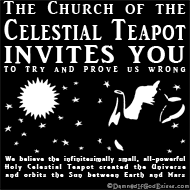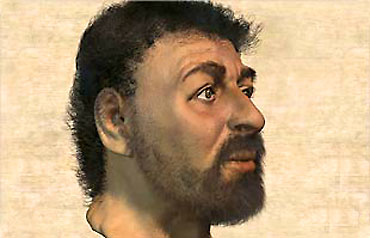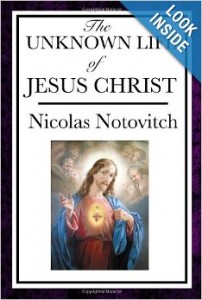 Fair’s fair. Let’s try to make the best possible case for the historical existence of Jesus. One never learns about an issue completely unless they are willing to look at it from more than one angle. I intend to write a few more posts on this blog taking up the view of the loyal opposition. Thus I will presently, with respect for the dispassionate approach of Thomas Aquinas, look at the objections first.
Fair’s fair. Let’s try to make the best possible case for the historical existence of Jesus. One never learns about an issue completely unless they are willing to look at it from more than one angle. I intend to write a few more posts on this blog taking up the view of the loyal opposition. Thus I will presently, with respect for the dispassionate approach of Thomas Aquinas, look at the objections first.
The standard disclaimers apply. By the historical existence of Jesus, we are observing the traditional distinction between any possible “Jesus of history” and the Christ of faith. We are interested in knowing if there is a man behind the myth.
Also, we are interested in evidence even if it is barely a whisper, just because that is the sometimes sorry state of our evidence for antiquity.






